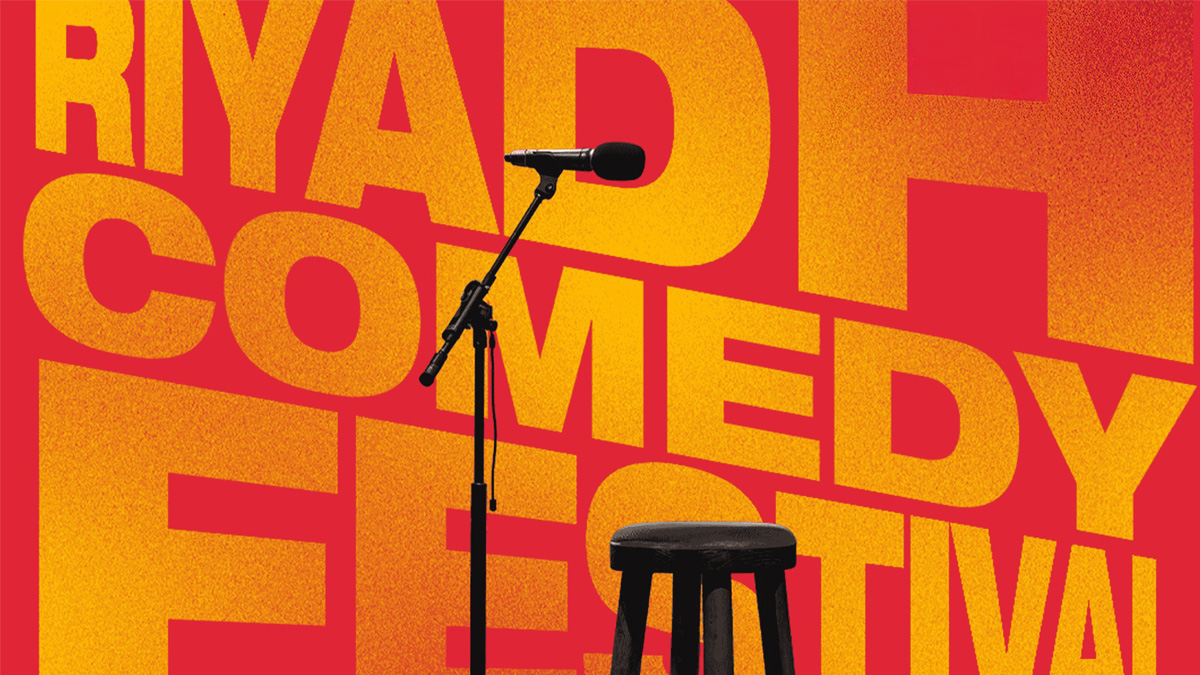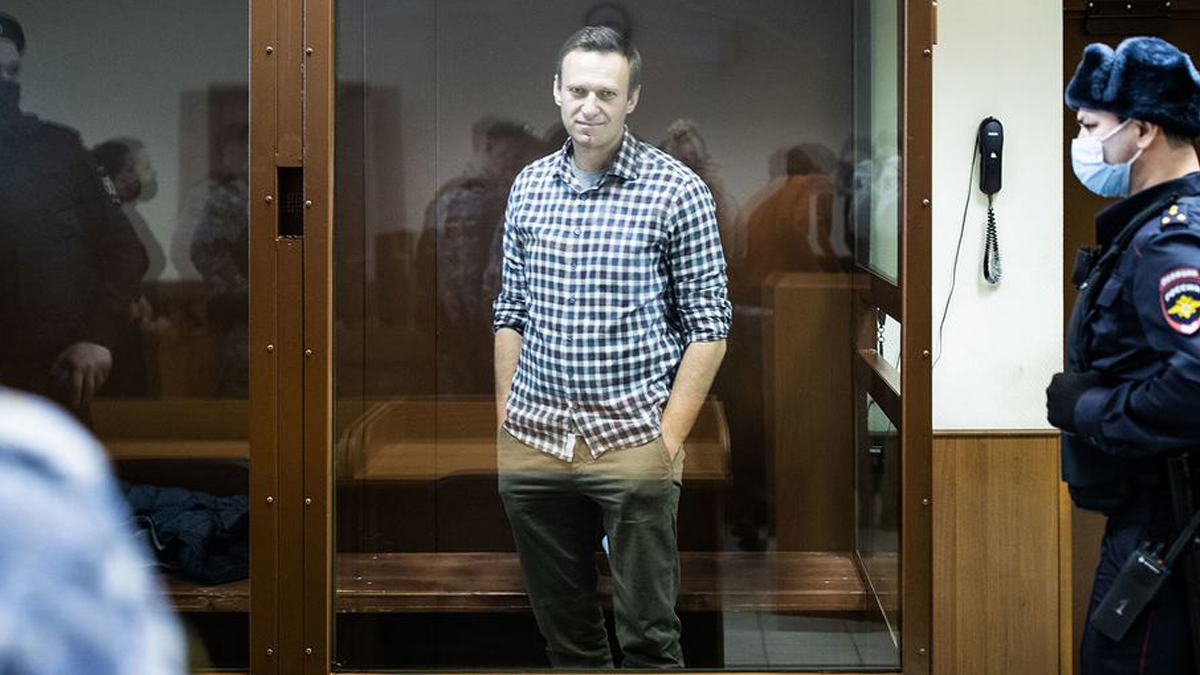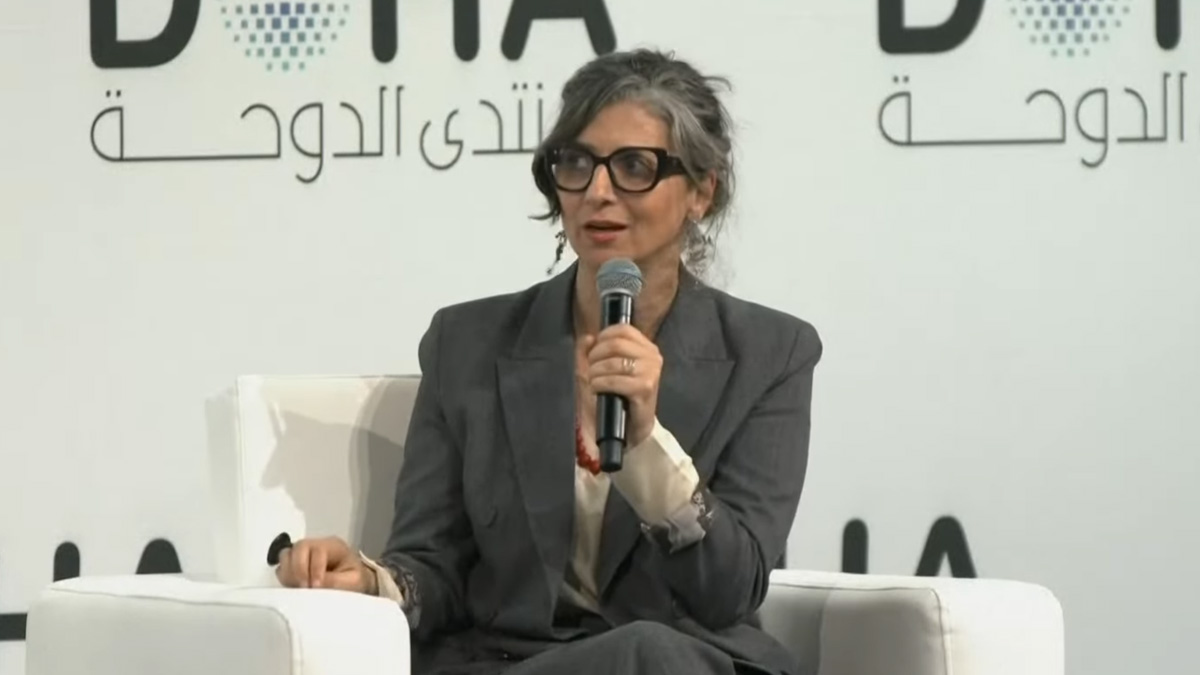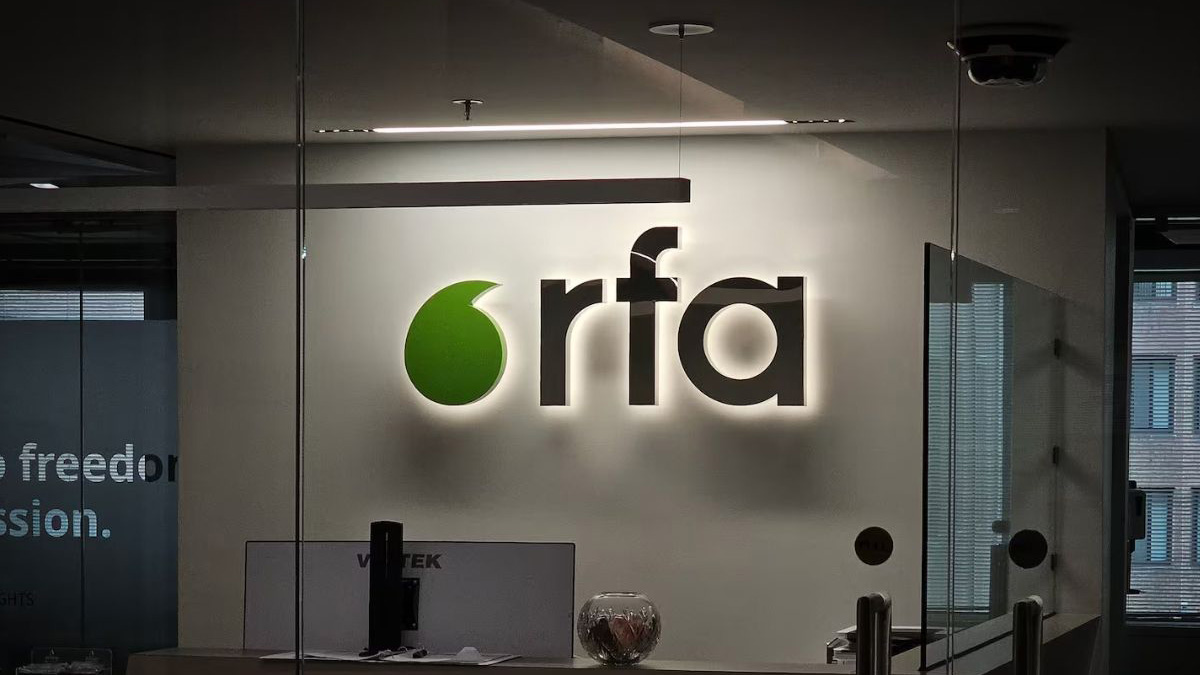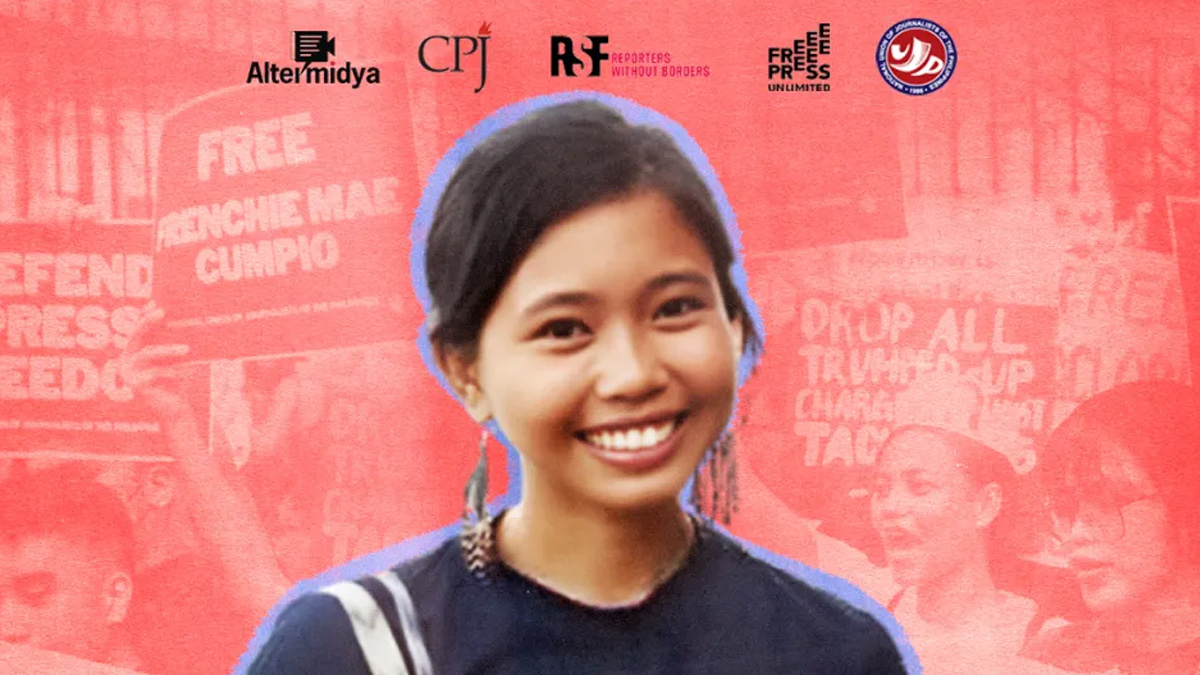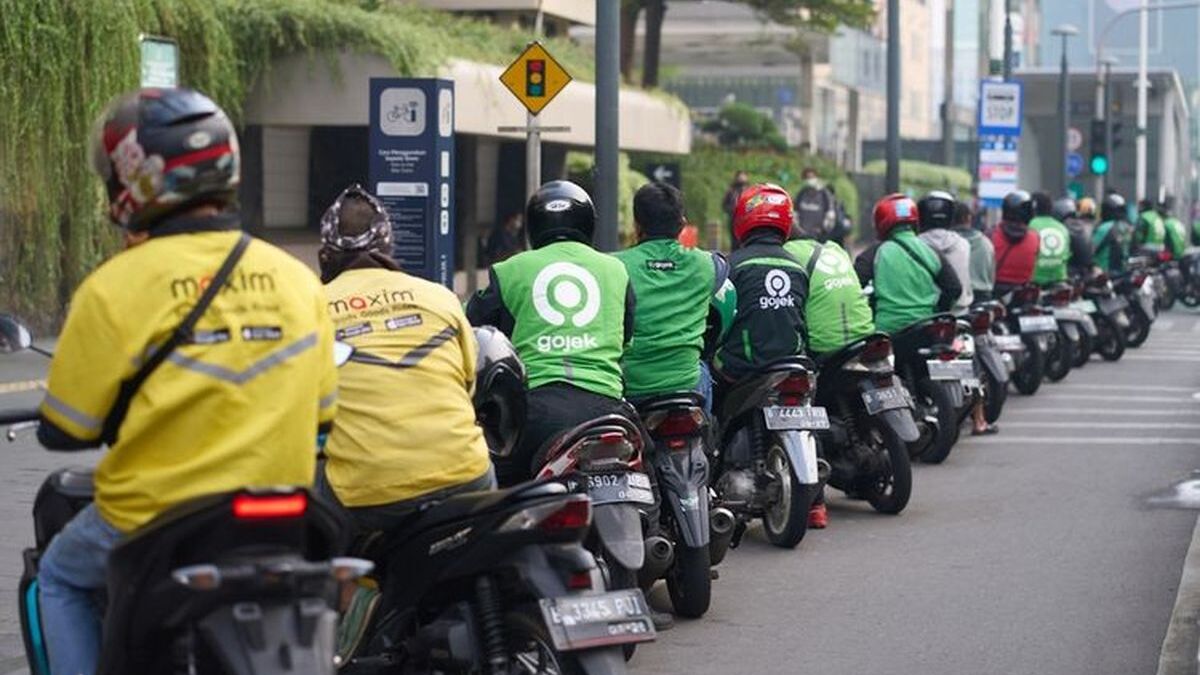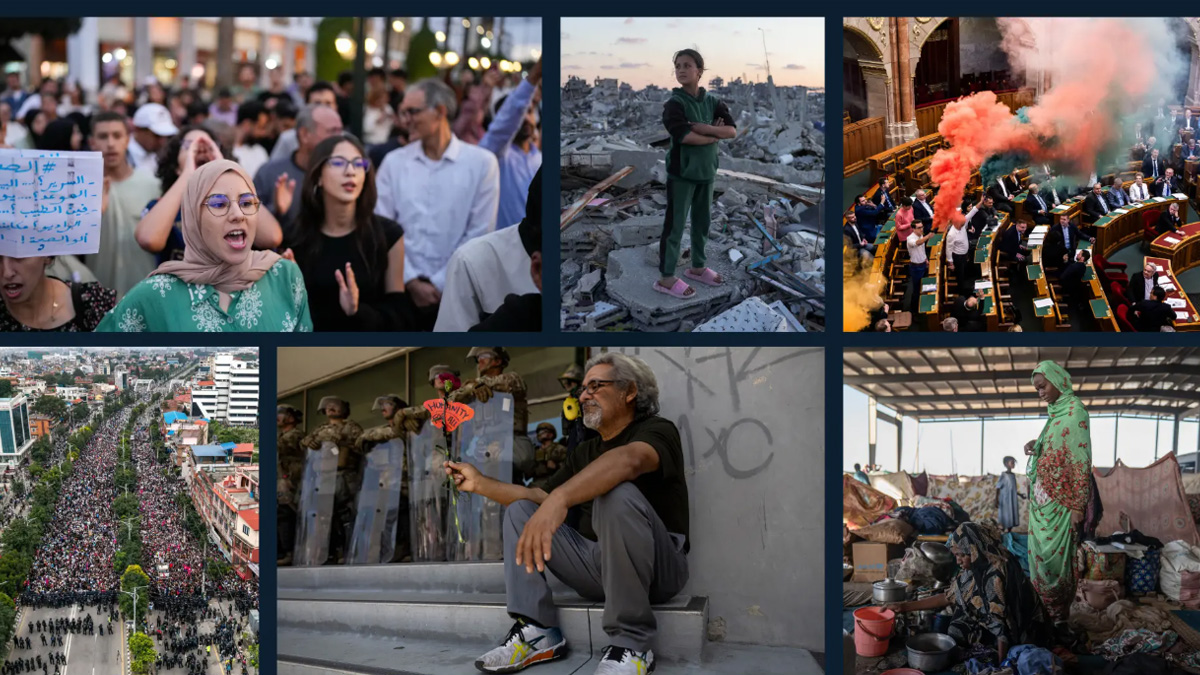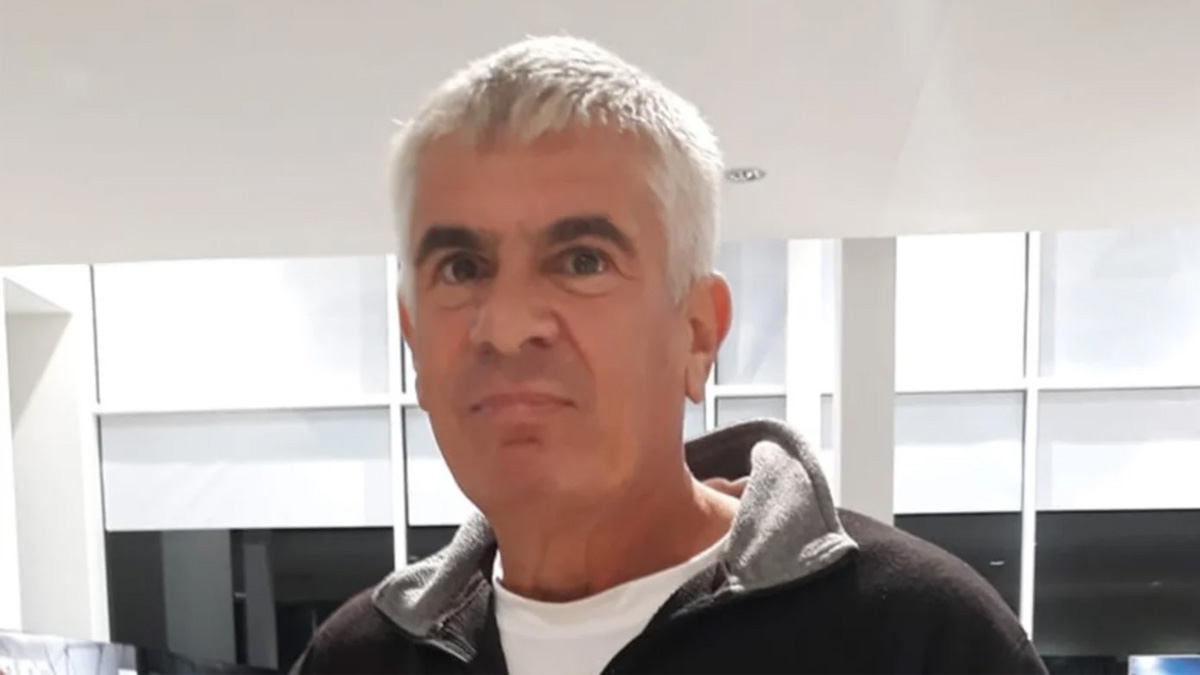HRF urges Singapore to uphold free expression and end harassment of journalists and activists
In its Universal Periodic Review submission published on 22 October 2025, the Human Rights Foundation (HRF) urged Singapore to uphold freedoms of expression, assembly, and association. The report highlights ongoing restrictions on media and civil society, citing the use of laws such as POFMA to silence dissent.
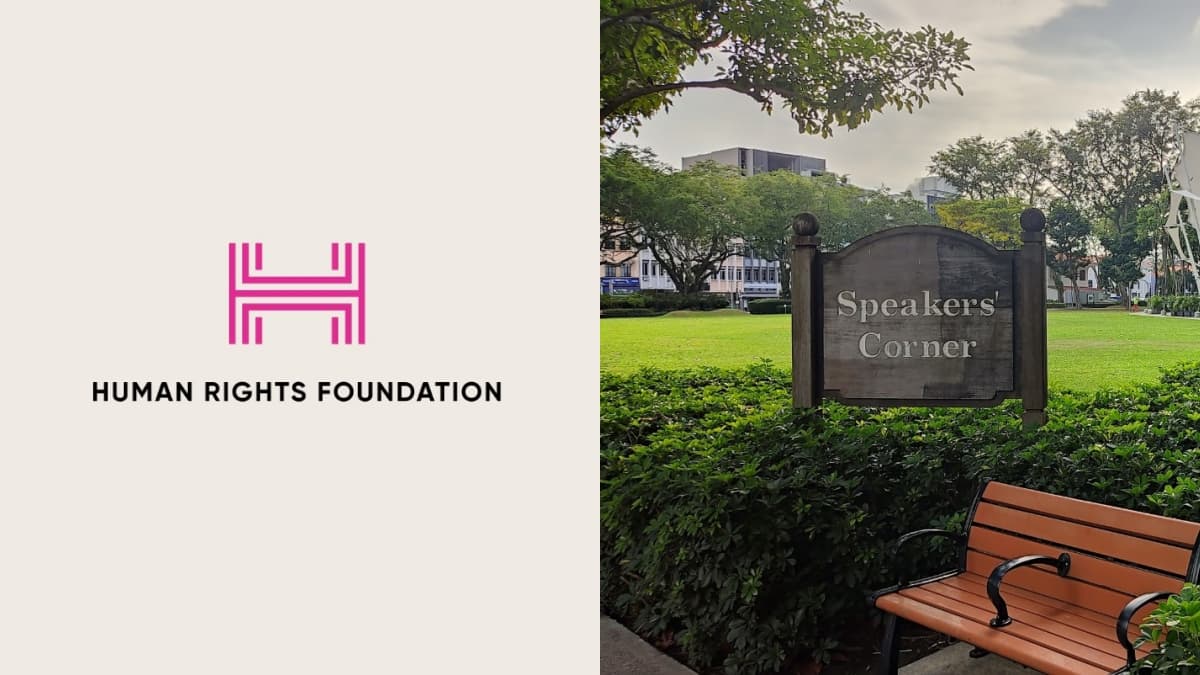
- The Human Rights Foundation (HRF) has urged Singapore to end harassment of journalists and activists.
- The report highlights the use of restrictive laws, including POFMA, to suppress dissent.
- HRF calls for ratification of international treaties and stronger protection of freedoms of expression and assembly.
The Human Rights Foundation (HRF), a United States-based non-governmental organisation advocating for global human rights, has called on Singapore to strengthen its protection of fundamental freedoms.
In its Universal Periodic Review (UPR) submission released on 22 October 2025, HRF urged the government to end the harassment of journalists, activists, and opposition groups.
The organisation also called for measures ensuring media independence, editorial freedom, and the safety of civil society actors.
HRF recommended that Singapore ratify key international human rights treaties and align domestic legislation with global standards.
It further appealed for greater cooperation with international human rights mechanisms to allow independent assessments of the country’s human rights record.
Press freedom and media control under scrutiny
HRF expressed concern that press freedom and editorial independence remain severely restricted in Singapore.
According to the report, the country’s media industry operates largely as a duopoly between Singapore Press Holdings Media Trust (SMT), which receives state-linked funding, and MediaCorp, a broadcaster owned by Temasek Holdings.
The report noted that broad and restrictive laws continue to criminalise criticism of government officials.
The 2019 Protection from Online Falsehoods and Manipulation Act (POFMA) was identified as a key instrument used to censor online content and target independent voices.
HRF stated that POFMA enables authorities to “stifle dissent and silence critics”, consolidating government control over public discourse.
The Online Citizen and cases of legal harassment
One of the examples highlighted by HRF was the case of The Online Citizen (TOC), Singapore’s leading independent online news outlet.
In September 2021, the Infocomm Media Development Authority (IMDA) suspended TOC’s licence and directed it to cease publishing on its website and social media accounts, citing a failure to declare all funding sources.
HRF reported that the dispute stemmed from TOC editor Terry Xu’s refusal to disclose subscribers’ identities, resulting in regulatory action.
Persistent harassment led TOC to relocate operations from Singapore to Taiwan in September 2022.
In April 2022, Xu was sentenced to three weeks in prison for defamation after publishing a letter alleging corruption within the Cabinet.
The letter’s author, Daniel De Costa Augustin, received a three-month-and-three-week prison term for defamation and unauthorised email use.
Following appeals, Xu’s sentence was converted to a fine of S$8,000 (about US$5,900), and De Costa’s to S$10,000 (around US$7,400).
Further penalties under POFMA and defamation laws
Xu faced additional charges after criticising the judiciary in an open letter published on TOC’s website.
The letter questioned the handling of a case involving Lee Hsien Yang and his wife in relation to the late Lee Kuan Yew’s will.
Xu was fined S$30,000 (approximately US$22,500) for refusing to apologise and remove the letter.
In May 2023, Xu and TOC received correction directions under POFMA for publishing allegedly false statements about police conduct during a 2021 incident.
The report also cited the temporary blocking of the Asia Sentinel website in June 2023 for non-compliance with POFMA correction orders.
A month later, in July 2023, the Ministry of Communications and Information designated TOC as a “Declared Online Location” under POFMA, barring it from receiving any financial or material benefit.
Several other independent or opposition-linked platforms had previously received similar designations.
Restrictions on assembly and association
Beyond media freedom, HRF highlighted significant restrictions on freedoms of assembly and association.
It noted that Singapore has yet to ratify several major international instruments, including the International Covenant on Civil and Political Rights (ICCPR).
Although Article 14 of the Singapore Constitution formally guarantees these freedoms, HRF reported that activists, opposition leaders, and ordinary citizens face severe penalties for dissent. Public gatherings are subject to strict permit requirements, and non-citizens are largely barred from attending or organising politically sensitive events.
Legal framework tightening state control
The report observed that the 2017 amendment to the Public Order Act (POA) expanded state authority to prohibit assemblies and banned foreign involvement in politically motivated gatherings.
HRF stated that the law has been repeatedly used to investigate and prosecute human rights defenders.
In June 2022, activists Kirsten Han and Rocky Howe were investigated under the POA for organising a candlelight vigil outside Changi Prison in support of a death-row inmate.
Han was allegedly pressured to surrender her mobile phone and social media credentials.
In March 2023, the High Court suspended the law licence of human rights lawyer M Ravi for five years, following remarks criticising the Attorney-General’s Chambers in a death penalty case.
Ravi had previously posted a letter on Facebook refusing to retract his statements.
Ongoing prosecutions of activists
In May 2023, the Ministry of Home Affairs issued POFMA correction orders against Ravi, Han, TOC, and the Transformative Justice Collective for allegedly false statements regarding the execution of drug convict Tangaraju Suppiah.
The groups had claimed Suppiah was denied interpreter access during interrogation, an assertion authorities disputed.
Further cases continued into 2024 and 2025.
In June 2024, activists Annamalai Kokila Parvathi, Siti Amirah Mohamed Asrori, and Mossammad Sobikun Nahar were charged for organising a pro-Palestine rally without a permit.
On 21 October 2025, District Judge John Ng acquitted them, ruling that they could not have known the route was restricted under the Public Order Act, noting that it lacked clear signs and had been used for similar walks before.
Had the three women been convicted, they could have faced up to six months’ imprisonment, a fine of up to S$10,000, or both.
In February 2025, human rights defender Jolovan Wham faced five separate charges under the POA for attending candlelight vigils in 2022 and 2023 commemorating executed inmates.
Wham has faced repeated prosecution for peaceful activism, having previously chosen a 15-day jail term instead of paying a S$3,000 fine in 2022.
HRF’s recommendations to the Singapore government
HRF called on Singapore to “protect, respect, and promote” the rights of all individuals to freedom of expression, association, and assembly.
The organisation urged the government to cease harassment and repression of journalists and activists, and to ensure that civil society operates without fear of retaliation.
HRF also encouraged Singapore to ratify key treaties, including the ICCPR, the Convention against Torture, and the Convention for the Protection of All Persons from Enforced Disappearance.
Further, it recommended harmonising domestic legislation with international standards and upholding the principles enshrined in Article 14 of the Constitution by granting full media access to public events and protest sites.
HRF called for full cooperation with regional and international human rights mechanisms, inviting independent experts to assess the country’s human rights situation and progress under the United Nations framework.


